Nasa successfully trials helicopter that will fly on Mars
Space agency is expected to send the vehicle to the red planet next July
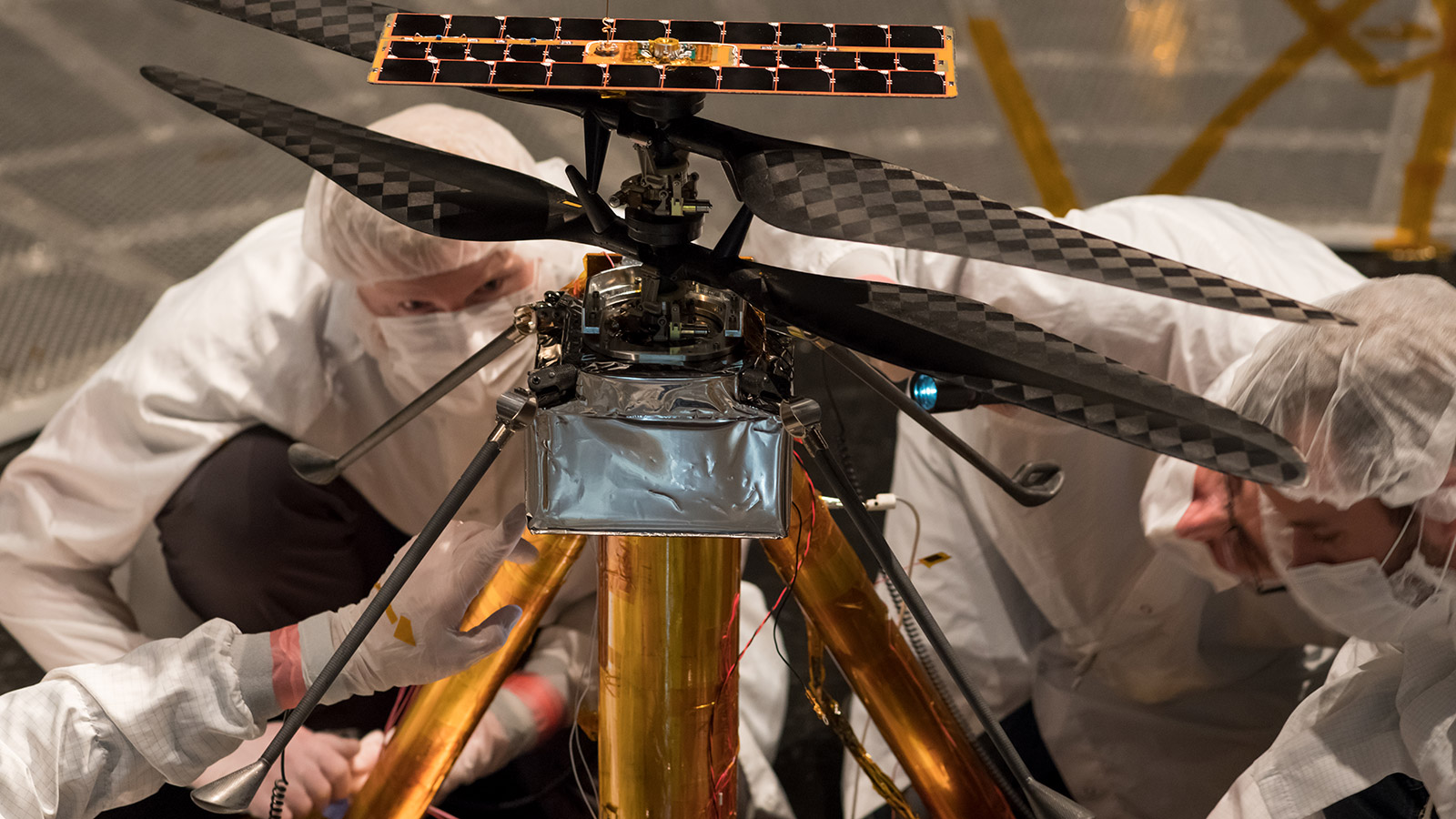
A free daily email with the biggest news stories of the day – and the best features from TheWeek.com
You are now subscribed
Your newsletter sign-up was successful
Nasa has successfully trialled a robotic helicopter that is capable of flying in the harsh conditions of Mars’s atmosphere.
Until now, only ground-based rovers have been successfully deployed onto the surface of Mars, which relay images and data back to Earth. But Nasa hopes the 1.8kg helicopter will “reveal a new perspective” of the planet’s surface, Sky News reports.
Due to blast off to the red planet with the US space agency’s new rover in 2021, the helicopter will have to survive temperatures as low as -90C at night and maintain flight in an atmosphere that is significantly thinner than that of Earth’s, the broadcaster says.
The Week
Escape your echo chamber. Get the facts behind the news, plus analysis from multiple perspectives.

Sign up for The Week's Free Newsletters
From our morning news briefing to a weekly Good News Newsletter, get the best of The Week delivered directly to your inbox.
From our morning news briefing to a weekly Good News Newsletter, get the best of The Week delivered directly to your inbox.
As Nasa is unable to test the helicopter on the surface of Mars, the space agency replicated the planet’s conditions using the Space Simulator at the Jet Propulsion Laboratory in California, says Engadget.
Using the simulator’s 25-foot-wide vacuum chamber, the agency was able to launch the helicopter and maintain an altitude of two inches for one minute, the tech site adds. Had the chamber not been available, Nasa would have needed to have trialled the device at an altitude of 100,000 feet above Earth’s surface.
Despite the short flight time, Nasa deemed the test a success and will now begin preparing the helicopter for its first mission.
MiMi Aung, project manager for the space helicopter, told the London Evening Standard: “The next time we fly, we fly on Mars.
A free daily email with the biggest news stories of the day – and the best features from TheWeek.com
“The chamber hosted missions from the Ranger Moon probes to the Voyagers to Cassini, and every Mars rover ever flown”, said Aung. “To see our helicopter in there reminded me we are on our way to making a little chunk of space history as well.”
Nasa is due to send the vehicle, along with its new Mars rover, into space in July 2020. The two machines are due to touch down on the red planet in February 2021.
-
 Health insurance: Premiums soar as ACA subsidies end
Health insurance: Premiums soar as ACA subsidies endFeature 1.4 million people have dropped coverage
-
 Anthropic: AI triggers the ‘SaaSpocalypse’
Anthropic: AI triggers the ‘SaaSpocalypse’Feature A grim reaper for software services?
-
 NIH director Bhattacharya tapped as acting CDC head
NIH director Bhattacharya tapped as acting CDC headSpeed Read Jay Bhattacharya, a critic of the CDC’s Covid-19 response, will now lead the Centers for Disease Control and Prevention
-
 Elon Musk’s pivot from Mars to the moon
Elon Musk’s pivot from Mars to the moonIn the Spotlight SpaceX shifts focus with IPO approaching
-
 Data centers could soon be orbiting in space
Data centers could soon be orbiting in spaceUnder the radar The AI revolution is going cosmic
-
 Another Starship blast sets back Musk's Mars hopes
Another Starship blast sets back Musk's Mars hopesSpeed Read Nobody was killed in the explosion, which occurred in south Texas
-
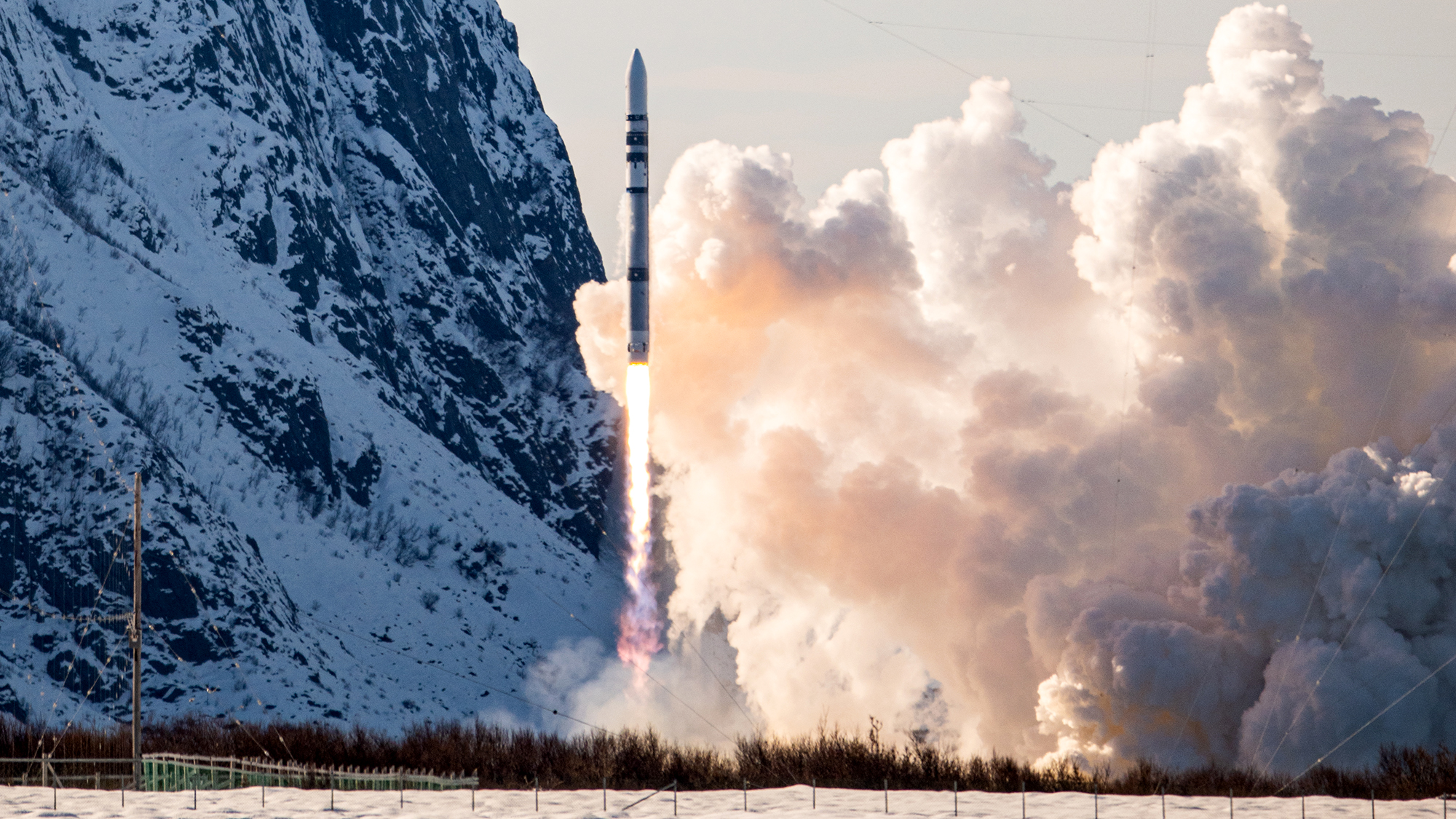 Test flight of orbital rocket from Europe explodes
Test flight of orbital rocket from Europe explodesSpeed Read Isar Aerospace conducted the first test flight of the Spectrum orbital rocket, which crashed after takeoff
-
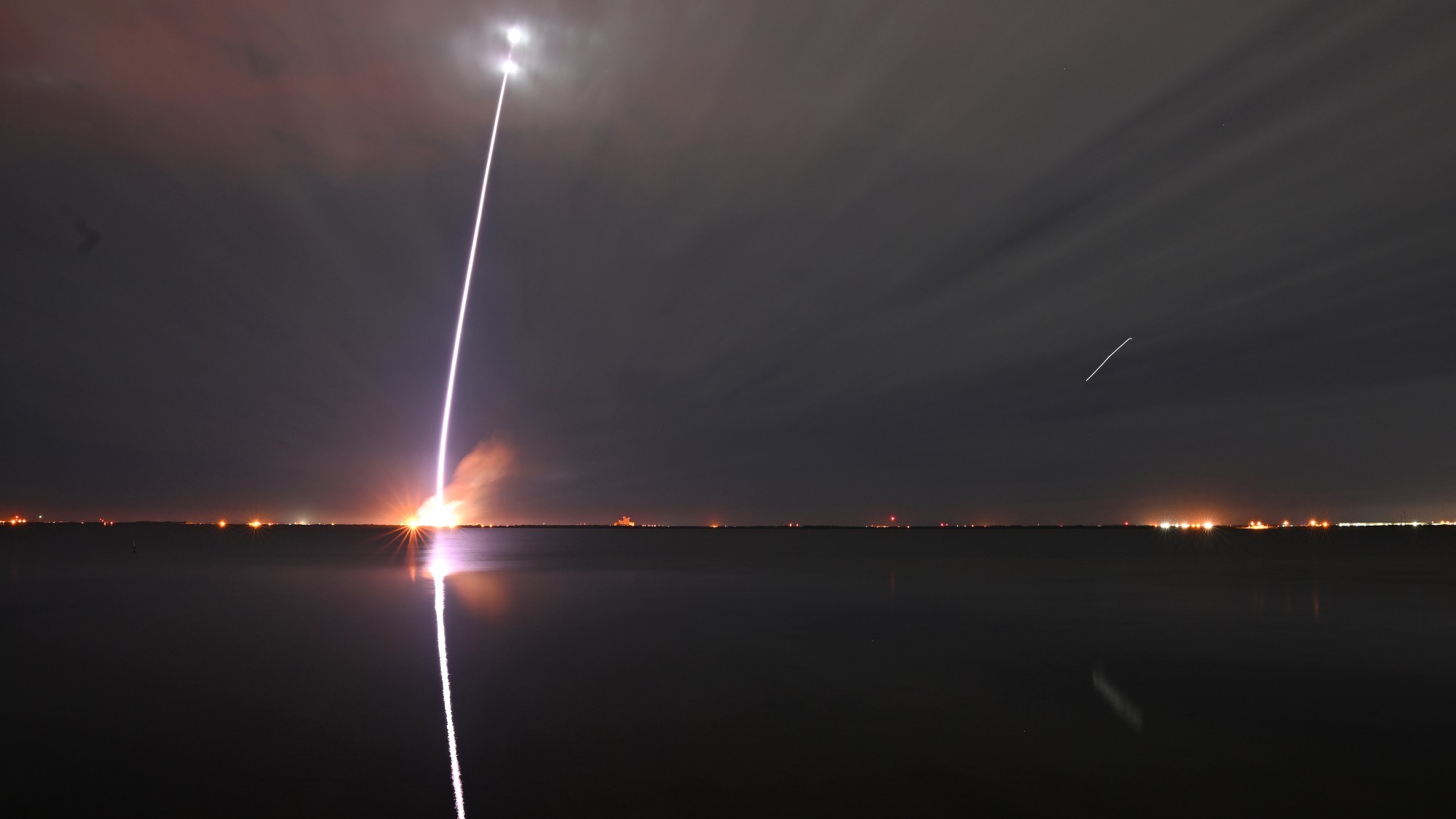 Jeff Bezos, Elon Musk and the billionaire space race
Jeff Bezos, Elon Musk and the billionaire space raceThe Explainer Tesla CEO and Amazon founder vie for dominance of satellite launch market and could influence Nasa plans to return to Moon
-
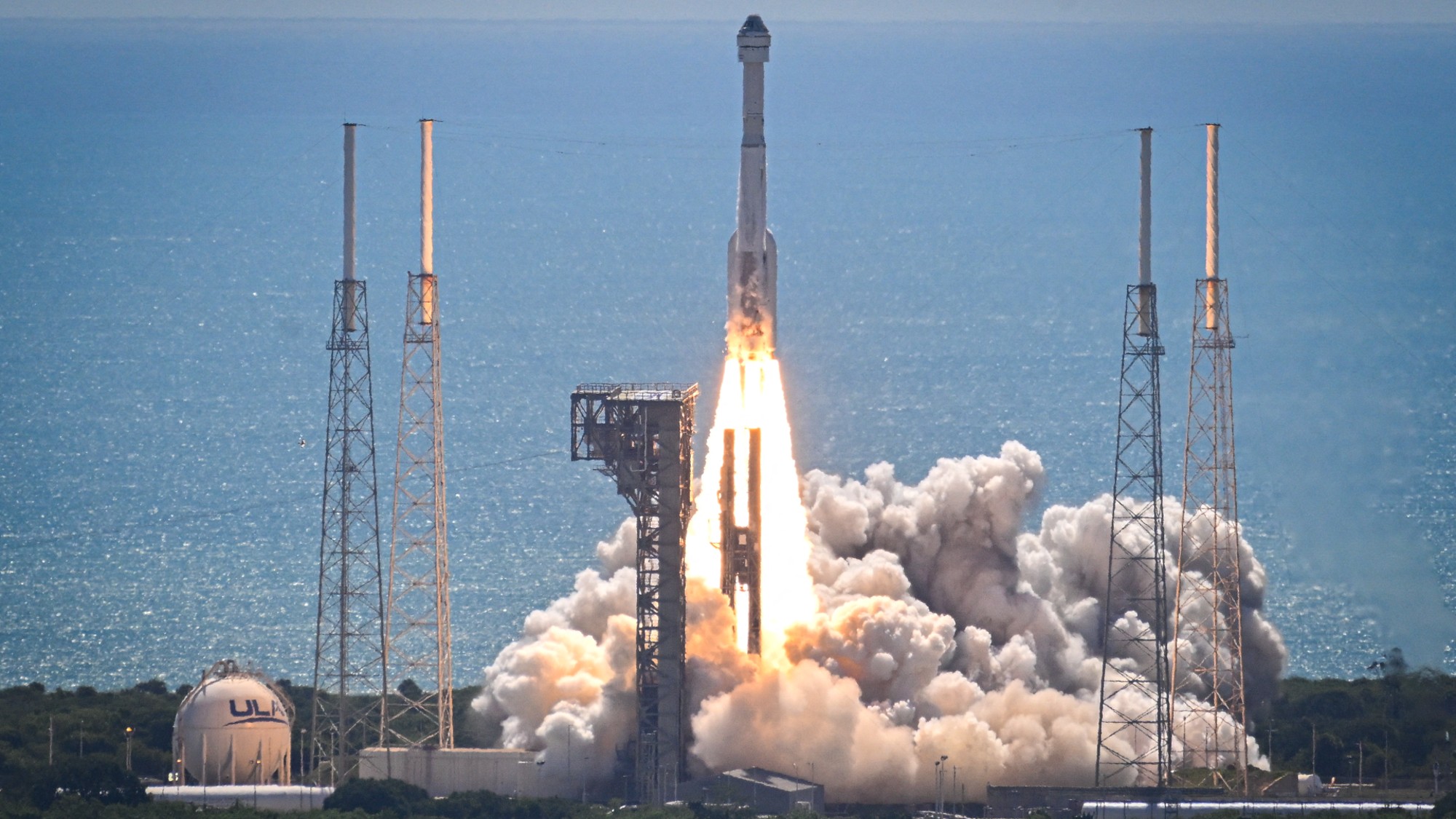 Starliner: What went wrong?
Starliner: What went wrong?Today's Big Question Boeing spacecraft has had a 'long, difficult road'
-
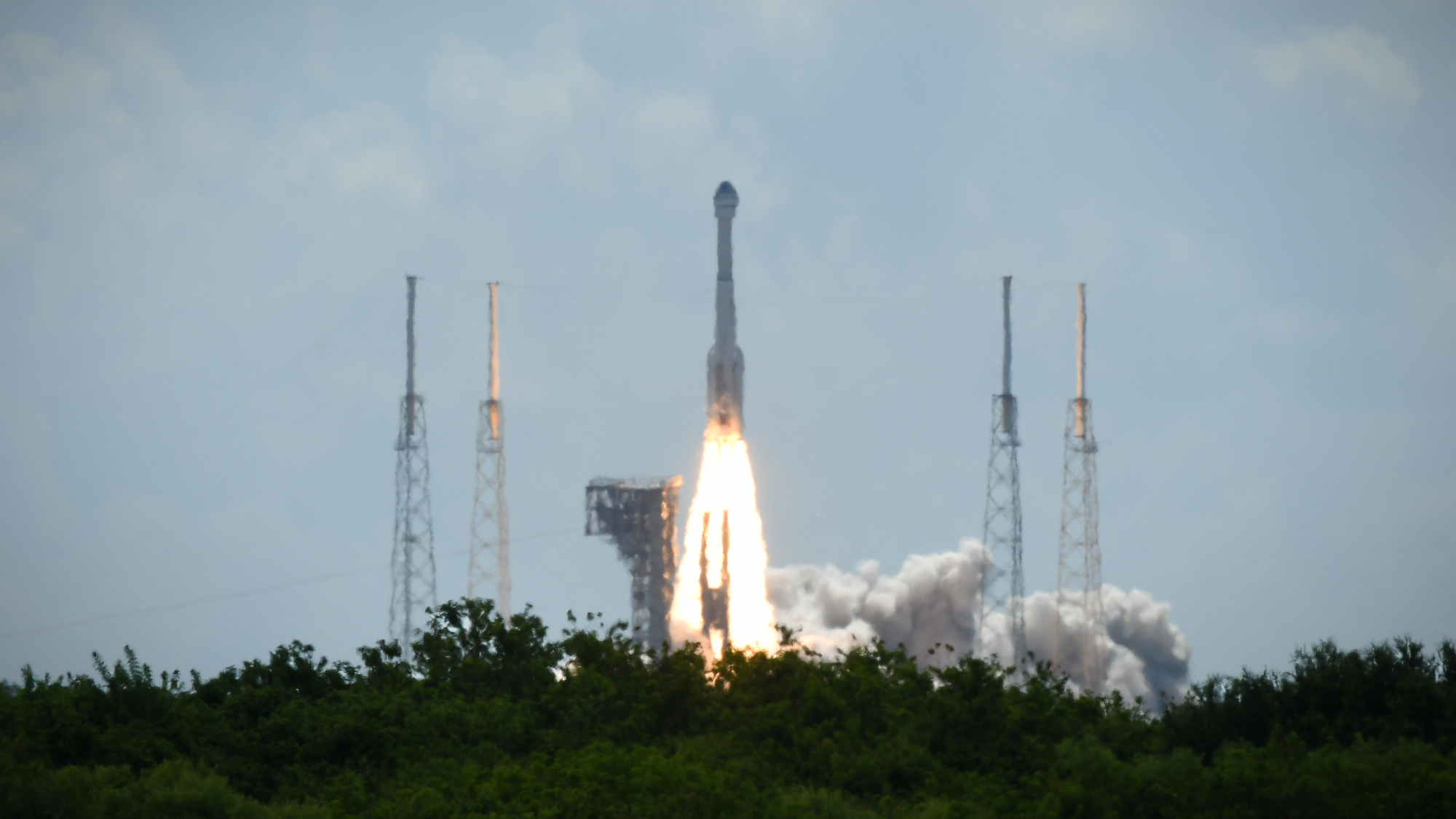 Boeing, SpaceX successfully test key rockets
Boeing, SpaceX successfully test key rocketsSpeed Read Boeing’s Starliner docked at the ISS and SpaceX completed its fourth test launch of its Starship spacecraft
-
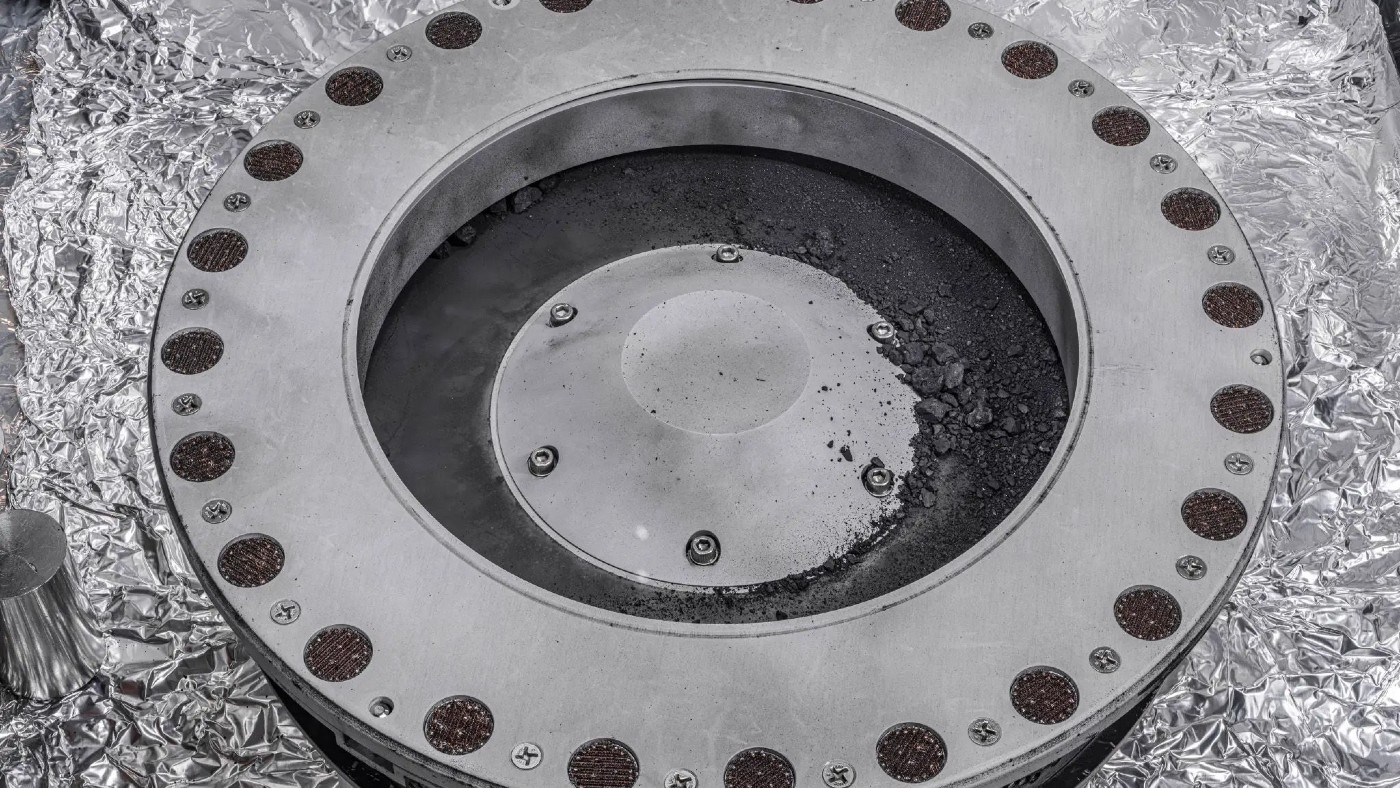 Nasa reveals first findings from asteroid that could explain origins of life
Nasa reveals first findings from asteroid that could explain origins of lifeSpeed Read Sample from Bennu has been found to contain an abundance of water and carbon